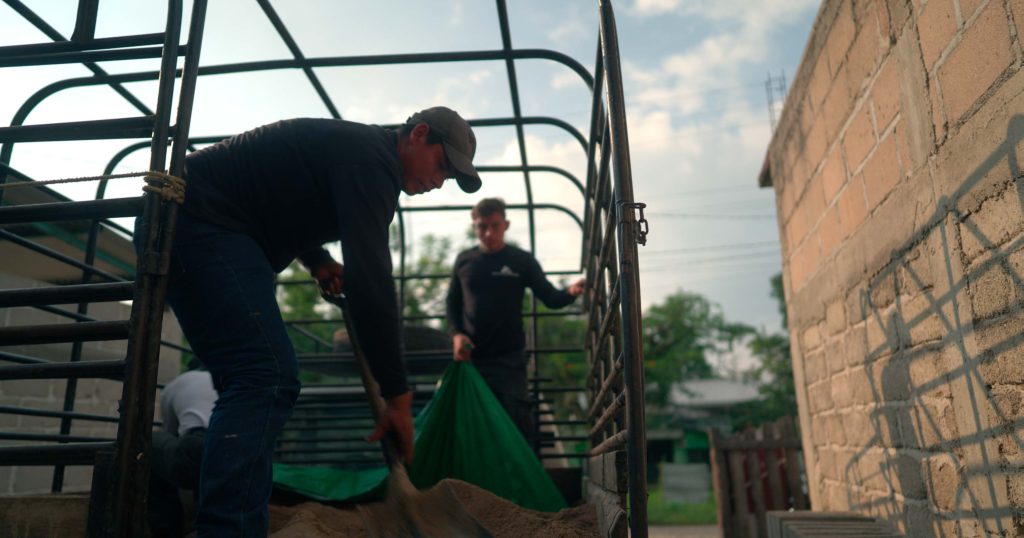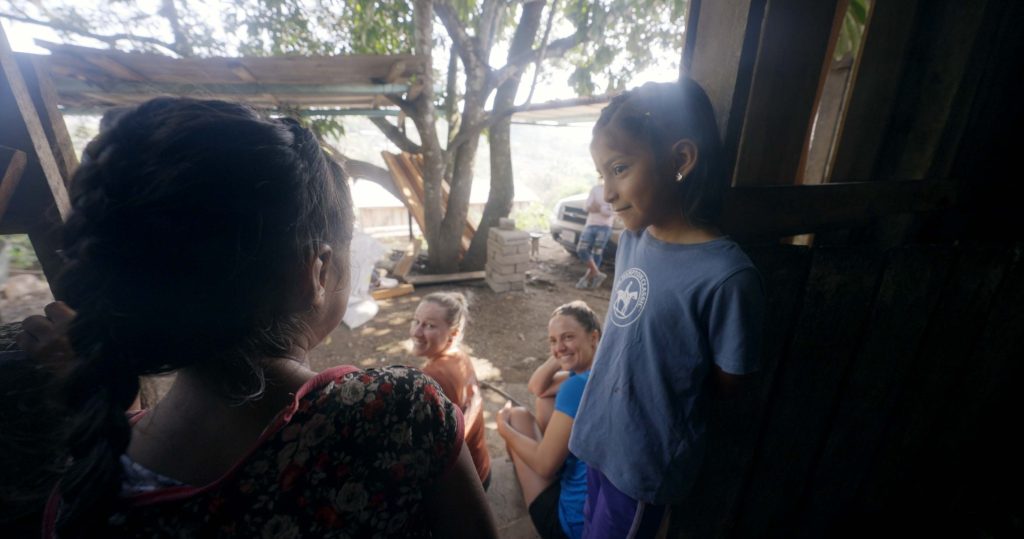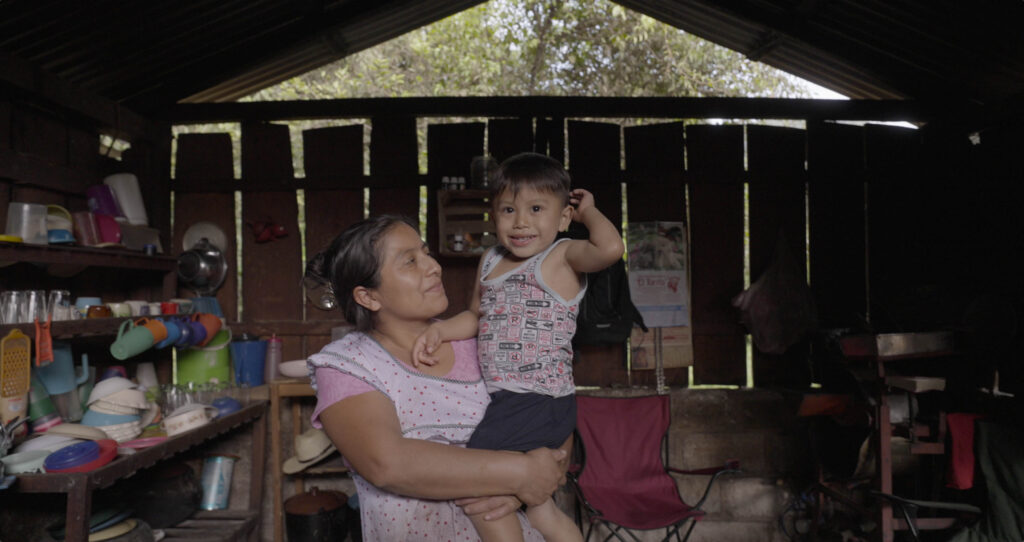Sustainable Cookstoves: Local Impact and Economic Benefits
Sustainable cookstoves have the potential to transform lives in rural communities worldwide, addressing pressing health and environmental issues while simultaneously fostering local economic development. The transition from traditional open fire cooking to sustainable brick stoves carries significant benefits that ripple through the local economies and improve the quality of life for countless families.

Health Improvements
One of the most immediate and profound impacts of sustainable cookstoves is the dramatic improvement in health outcomes. Traditional cooking methods, which rely heavily on open fires and solid fuels, expose families to harmful pollutants. The World Health Organization estimates that household air pollution from these methods causes around 4 million premature deaths annually. Sustainable cookstoves, designed to burn more efficiently and produce less smoke, significantly reduce exposure to these pollutants. The result is fewer cases of respiratory infections, chronic diseases, and eye conditions, particularly benefiting women and children who spend the most time near cooking areas.

Environmental Benefits
The environmental toll of traditional cooking methods is severe, with deforestation being one of the most pressing concerns. Sustainable cookstoves reduce the need for firewood by up to 60%, easing the strain on local forests. This reduction helps preserve biodiversity, protect watersheds, and maintain soil quality. Moreover, by decreasing the amount of carbon dioxide and black carbon released into the atmosphere, these stoves contribute to mitigating climate change. Cleaner air and preserved ecosystems mean healthier communities and a more resilient environment for future generations.
Economic Empowerment
The economic benefits of sustainable cookstoves are substantial and multifaceted. For many families, the time saved from reduced firewood collection translates into more opportunities for income-generating activities and education. Women and children, who typically bear the burden of firewood collection, can now invest their time in more productive pursuits. Additionally, the reduced need for firewood lowers household expenditures, allowing families to allocate their limited resources to other essential needs such as food, healthcare, and education.

Local Job Creation
The implementation of sustainable cookstove projects often leads to the creation of local jobs, stimulating the local economy. These projects require a range of skills, from the initial design and construction to maintenance and community training. By involving local craftsmen and technicians, these initiatives help build local capacity and provide sustainable employment opportunities. The knowledge and skills gained from working on such projects can also be applied to other areas of community development, fostering broader economic growth.

Community Empowerment and Social Benefits
Beyond the economic and environmental impacts, sustainable cookstoves empower communities by enhancing social cohesion and resilience. Community members are often involved in the planning and implementation of these projects, fostering a sense of ownership and pride. Training sessions on the use and maintenance of the stoves not only ensure their effective use but also build local knowledge and self-reliance. Moreover, healthier households lead to stronger, more vibrant communities, as families are better able to participate in social and economic activities.
Education and Skill Development
Sustainable cookstove projects often incorporate educational components, teaching community members about health, environmental stewardship, and sustainable practices. These educational initiatives extend beyond the immediate benefits of the stoves, promoting a culture of sustainability and innovation. The skills learned through these projects can be passed down through generations, ensuring long-term benefits for the entire community.

Enhanced Quality of Life
Ultimately, the adoption of sustainable cookstoves enhances the overall quality of life in rural communities. Cleaner air and reduced health risks lead to longer, healthier lives. The time and money saved on firewood collection and medical expenses allow families to invest in their future. The preservation of local forests and natural resources ensures a sustainable environment for generations to come. Through improved health, economic opportunities, and environmental sustainability, sustainable cookstoves are paving the way for a brighter, more prosperous future for rural communities worldwide.
In conclusion, the local impact and economic benefits of sustainable cookstoves are far-reaching and transformative. By addressing critical health and environmental issues, creating economic opportunities, and empowering communities, these innovative solutions are making a significant difference in the lives of those who need it most. As we continue to promote and implement sustainable cookstove projects, we move closer to a world where every community can thrive in health, prosperity, and environmental harmony.
